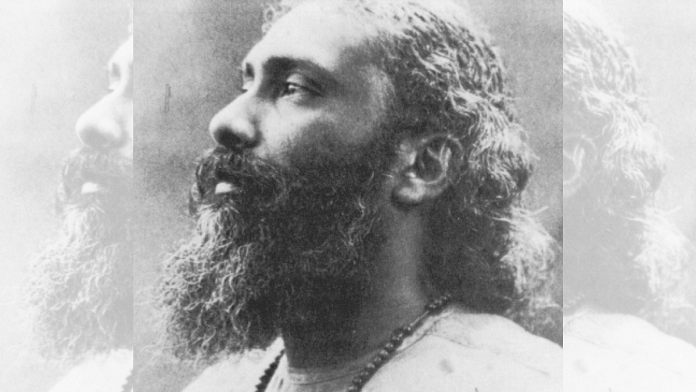Mughal descendant, exponent of the Saraswati veena, and trailblazer who took Sufism to the West — few know about Inayat Khan Rehmat Khan’s work in 19th-century India. His daughter, Noor Inayat Khan, on the other hand, is recognised for her role in World War II as the first female wireless operator sent into Nazi-occupied France. She was, however, betrayed, captured, and tortured before being executed by the Gestapo.
While Noor has become the subject of long-overdue focus and international attention, her father, a global icon in his own right, has been largely forgotten.
Born in Baroda in 1882, Inayat Khan came from a family of Sufis and zamindars of Mughal lineage. His ancestry can also traced back to Tipu Sultan on his mother’s side; his maternal grandmother, Qasim Bibi, was Tipu Sultan’s granddaughter.
Trained in Hindustani and Carnatic classical music and an accomplished veena player, Inayat was musically gifted at an early age. He impressed royalty with his recitation of a Sanskrit poem at the age of nine, wrote his first music book at the age of 14, and became a professor at 20 at a university in Baroda.
Roots in Indian Sufism
According to the website Pirzia, a website run by Inayat Khan’s American-born grandson Zia, who “continues his grandfather’s work of catalyzing authentic spiritual development”, it was this proficiency in music that “helped to awaken and widen Inayat Khan’s spiritual interest”. But Inayat’s sojourn into international acclaim was preceded by immense personal losses — particularly his mother, Khatija Bi.
Inayat first took his music to Mysuru (Mysore) and Chennai (Madras) and continued publishing it on his brief returns to Baroda. It was in Hyderabad where he made strides in realising his devotion to the mysticism aspects of his music. He was inspired by studying literature and Sufism of the Chishti order under scholars based there.
“[Inayat’s last remaining years in India were] the culmination of his life in India; his music and his mysticism were jointly maturing to rare perfection. But soon, his life took another decisive turn; the Western world was to be the scene of his future work,” Pirzada’s biographical post added.
Also read: Majrooh Sultanpuri—Unani doctor who Raj Kapoor paid 4 times to compose songs for his films
Looking West
Inayat’s first international tours outside South Asia took place in North America. It was in New York where he first met Ora Ray Baker, who took the name Pirani Ameena Begum after the two got married in London. The couple continued touring throughout Europe and Russia before settling in France in 1920.
Inayat was 44 when he died in Delhi in 1927. But his popularity and spread of Sufism internationally were immense at the time — numerous Sufi orders and musical centres opened up on London streets.
Credited for taking Sufism to the West, Inayat Khan’s beliefs are perhaps best summed up in his seminal work The Mysticism of Sound and Music, which includes the following:
“What makes the soul of the poet dance? Music. What makes the painter paint beautiful pictures, the singer sing beautiful songs? It is the inspiration that beauty gives. The Sufi has called this beauty Saqi, the divine giver who gives the wine of life to all. What is the wine of the Sufi? All beauty: in form, line and colour, in imagination, in sentiment, in manners — in all this he sees one Beauty.”
(Edited by Humra Laeeq)



